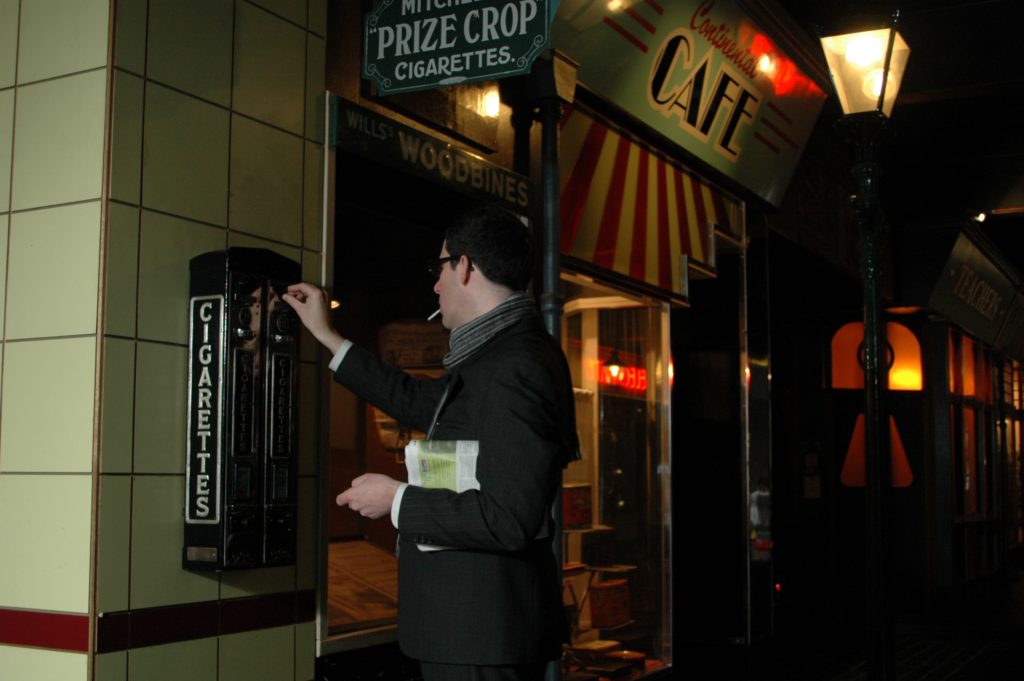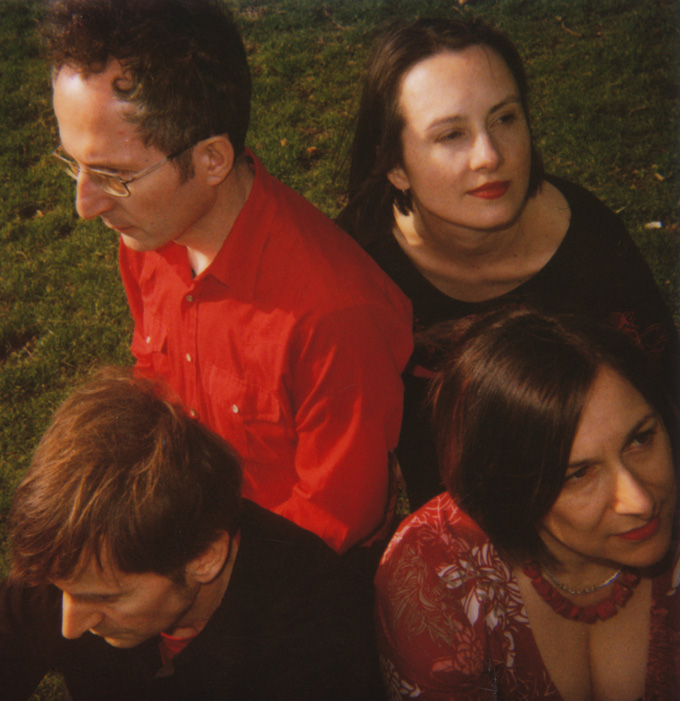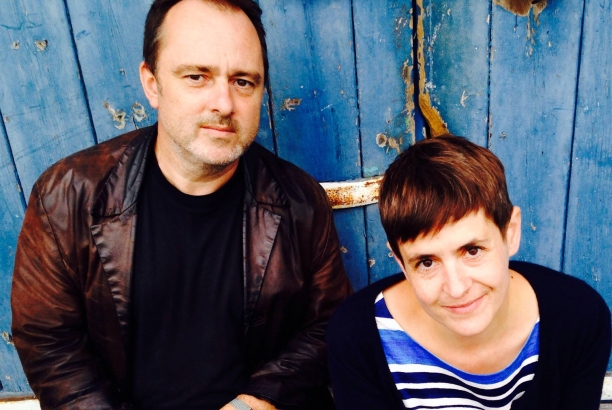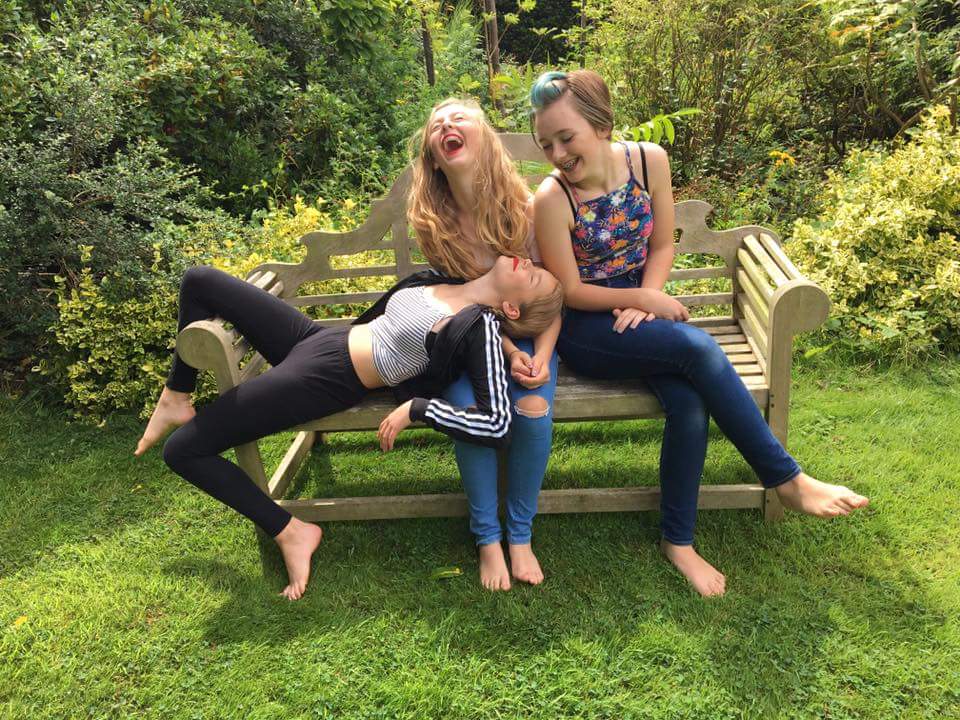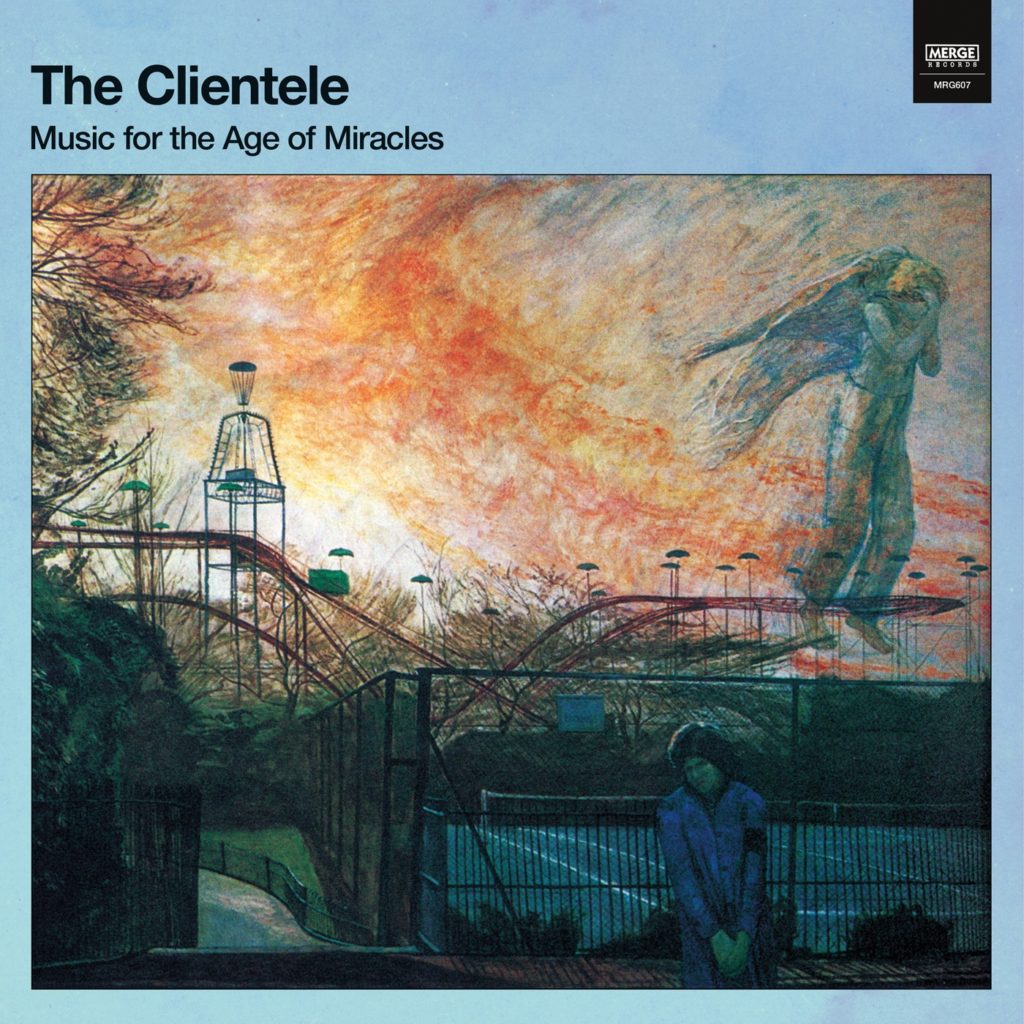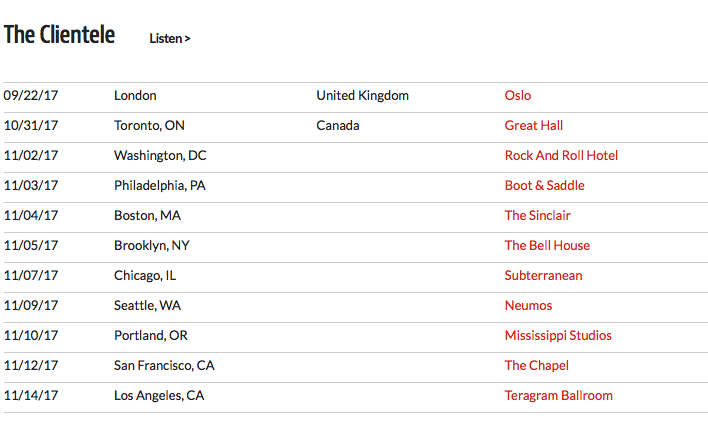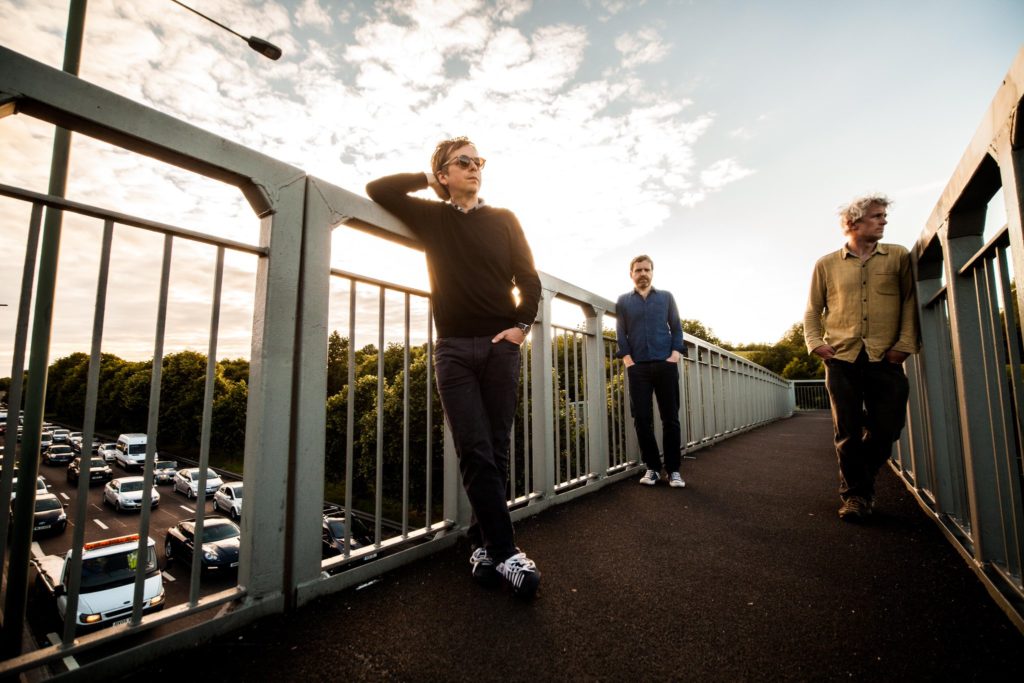with DJs kathy foster (thermals!), jen sbragia (the softies!) + gail chickfactor
at the toffee club in SE portland
sunday, april 1 from 11am to 2pm (yes, in the daytime)
it’s kid-friendly and free
chickfactor 18 was edited by gail o’hara, who cofounded cf with pam berry in 1992 (yes, belle & sebastian wrote a song about it). our design director was beautifully done by jen sbragia (from the softies & all girl summer fun band). we couldn’t decide on two cover stars so we have made two covers—one in royal navy & one in espresso!
our amazing writers and contributors for CF18 are: photographers gail o’hara, laura levine, bret lunsford, curt doughty & a host of others; illustrators rachel blumberg and jen sbragia; interviewers include o’hara, lois maffeo, pete paphides, and blumberg; writers include kevin alvir, joe brooker, mark butler, wayne davidson, bryce edwards, gaylord fields, daniel handler (a.k.a. lemony snicket), alice hubley, kendall jane meade, peter momtchiloff, thomas mosher, piotr orlov, chris phillips, sukhdev sandhu, dan searing, lydia vanderloo, doug wallen & michael white.
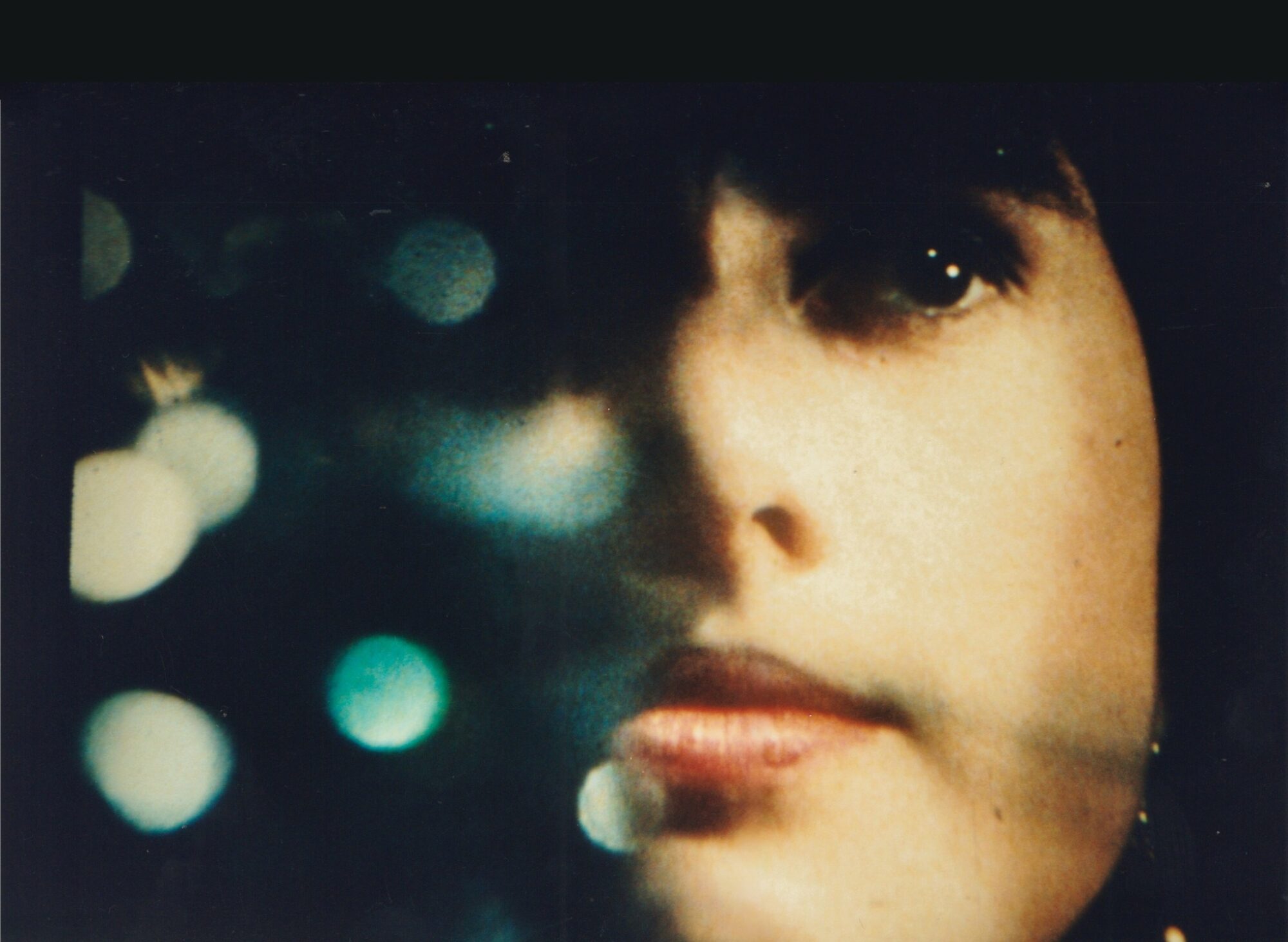
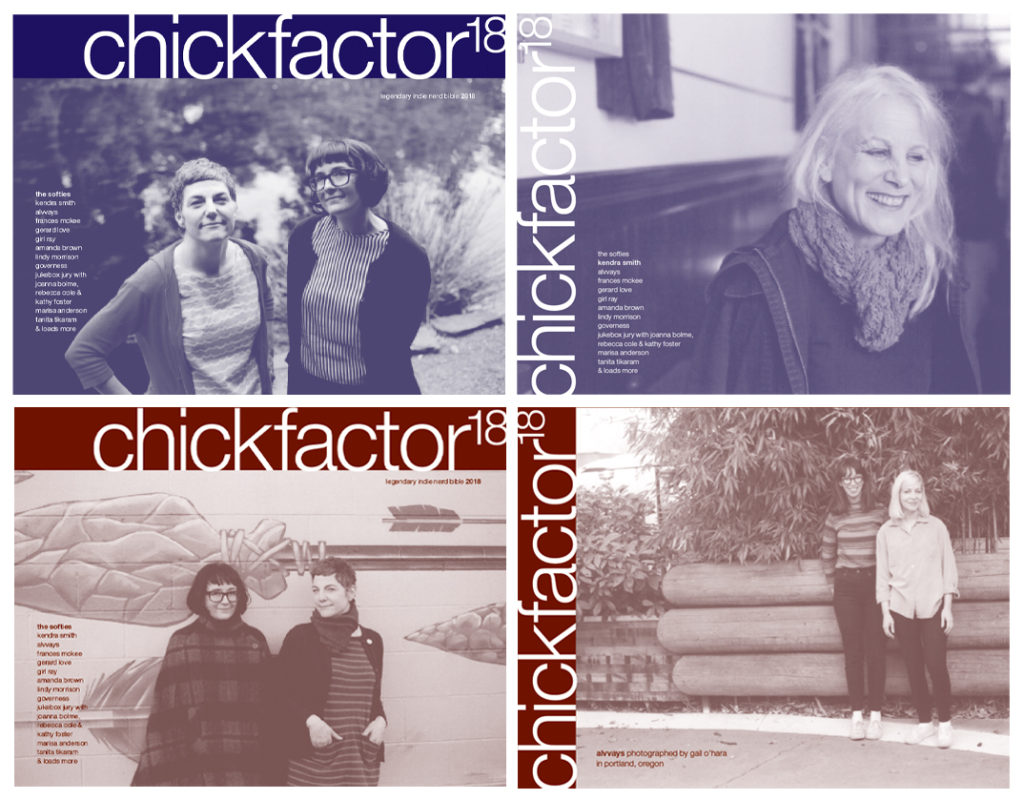

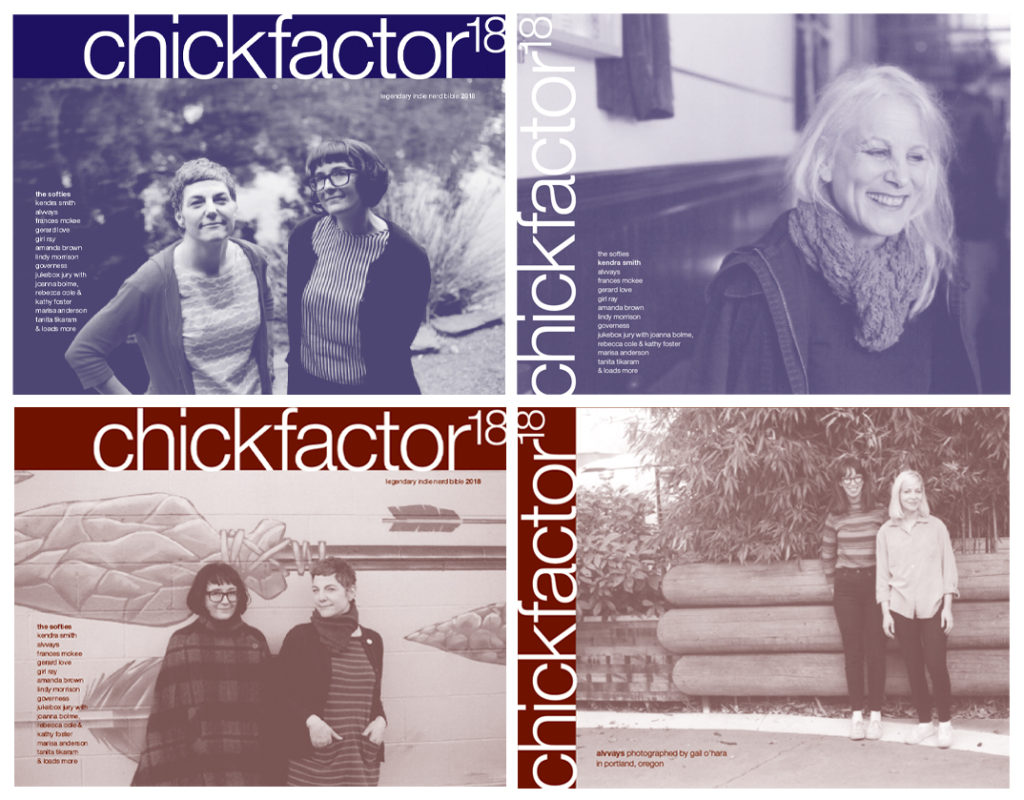
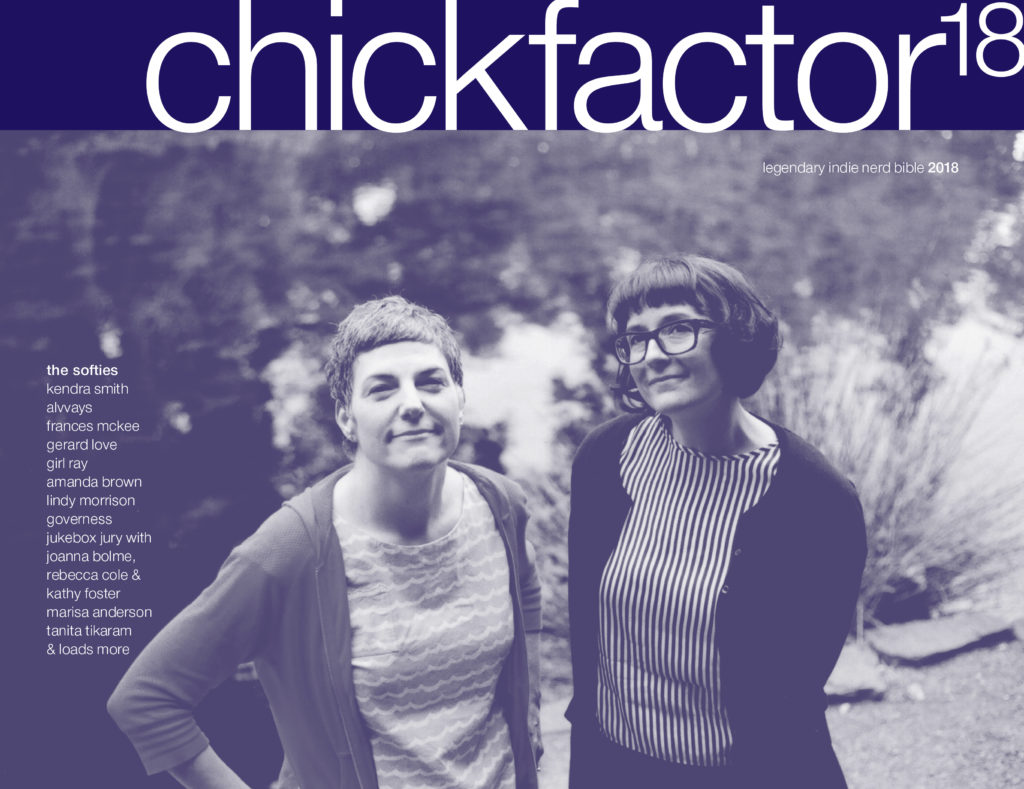
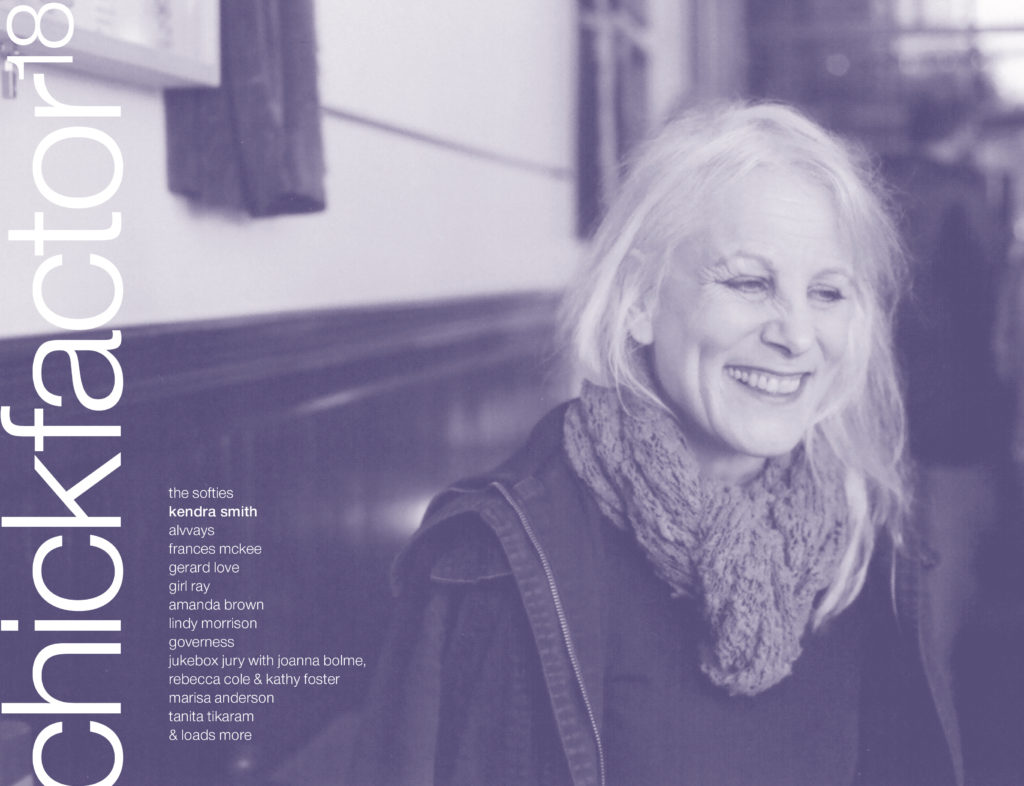
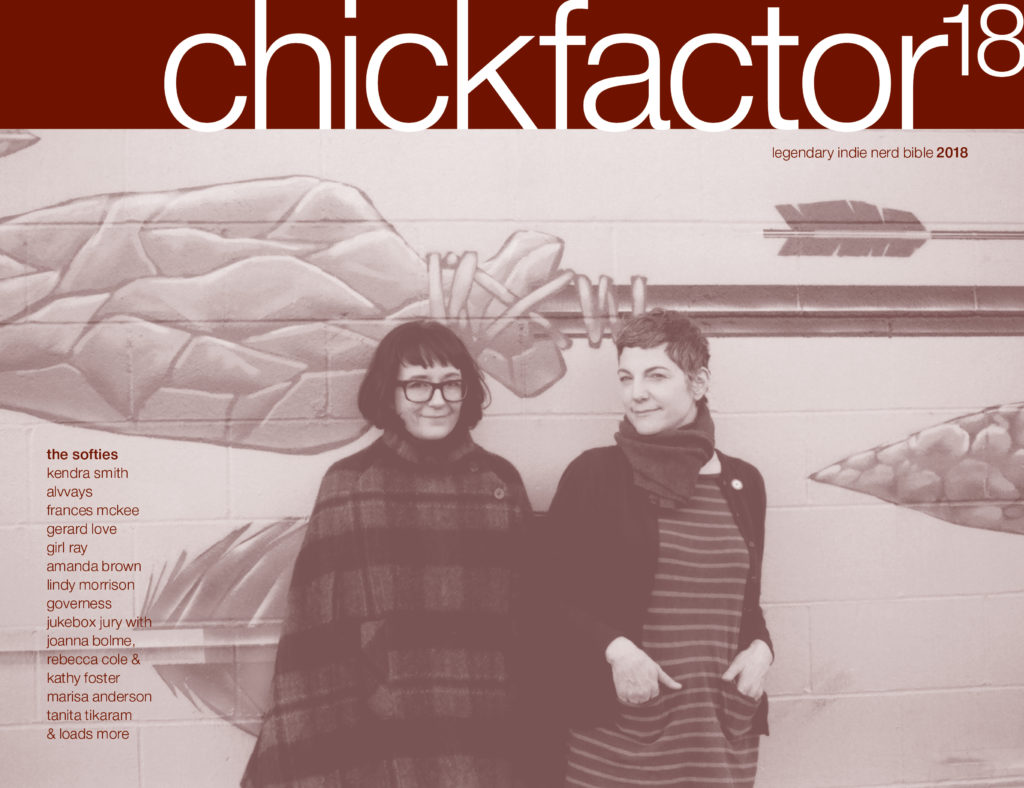
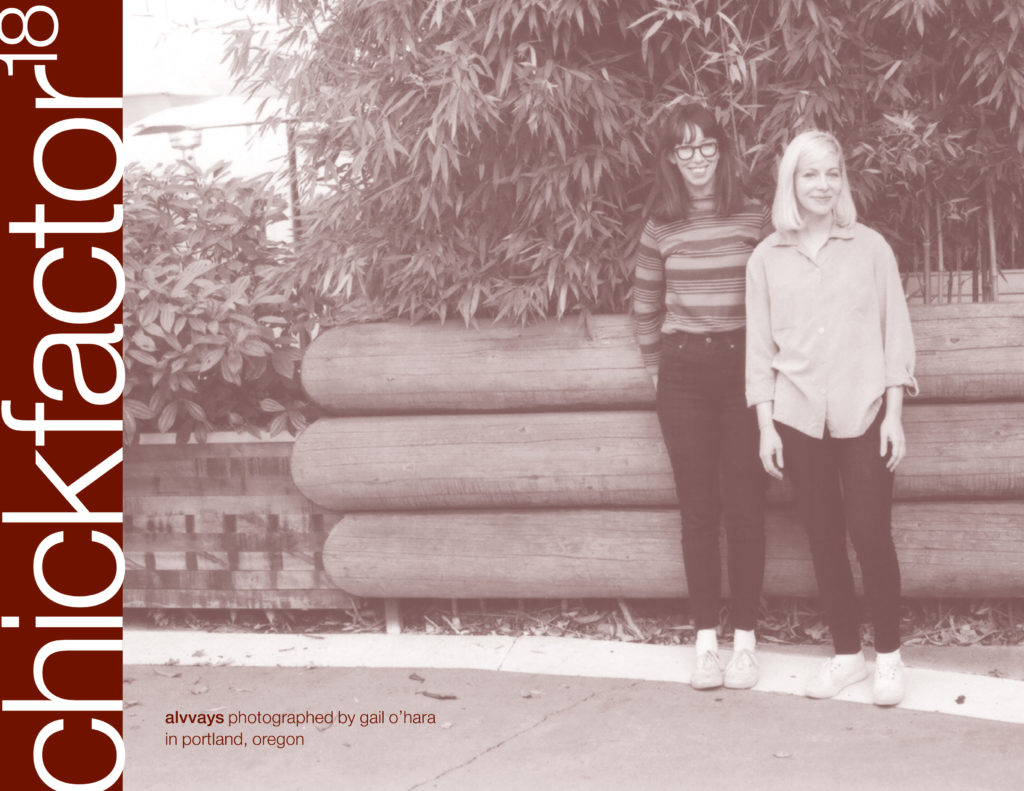
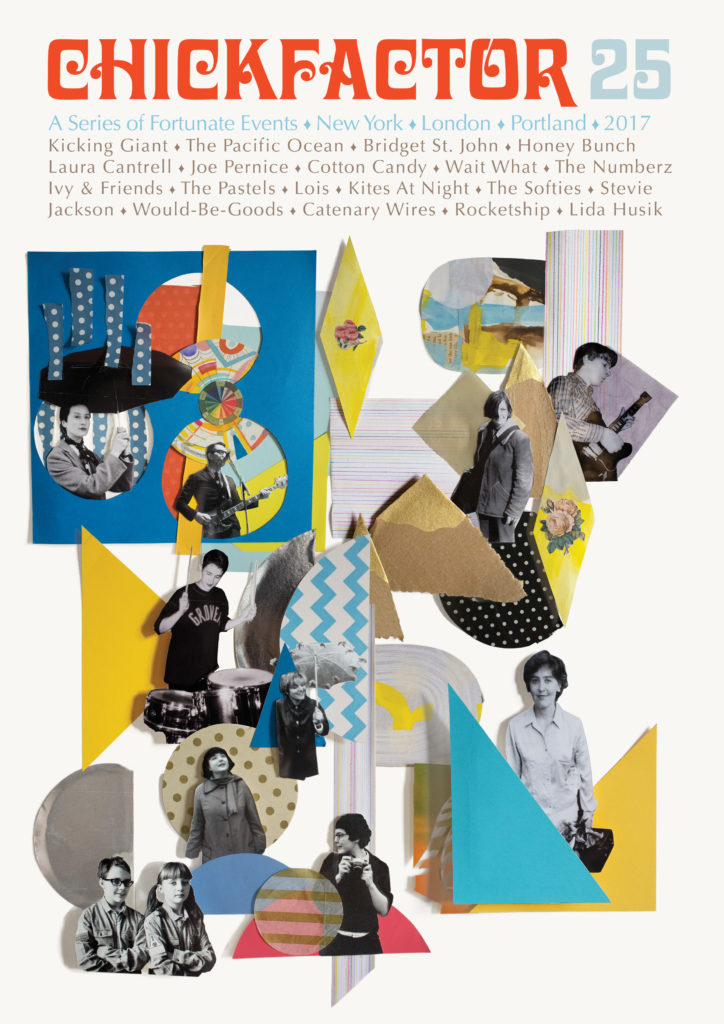
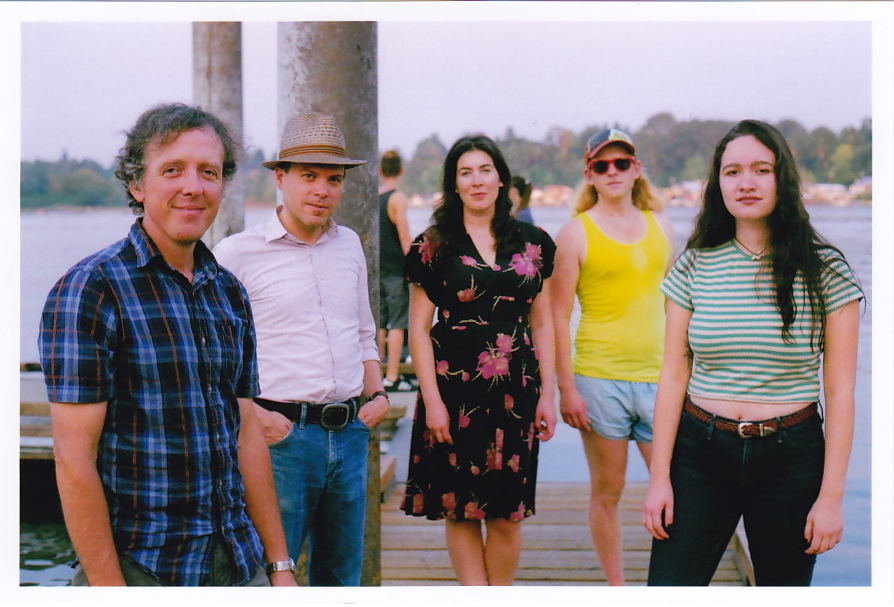

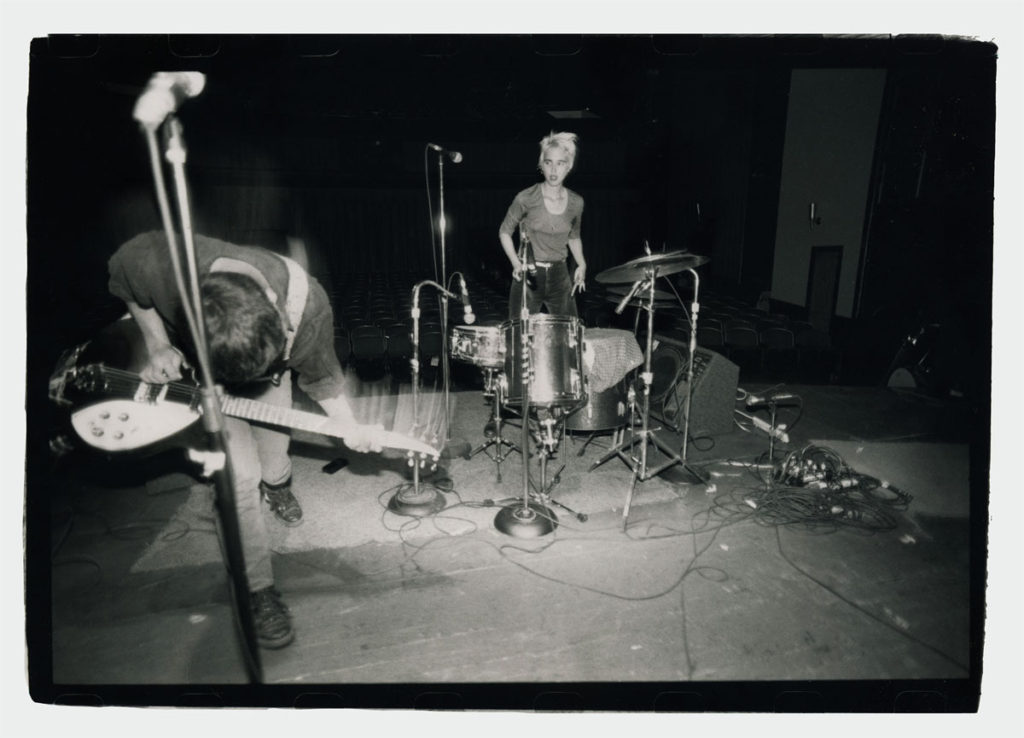
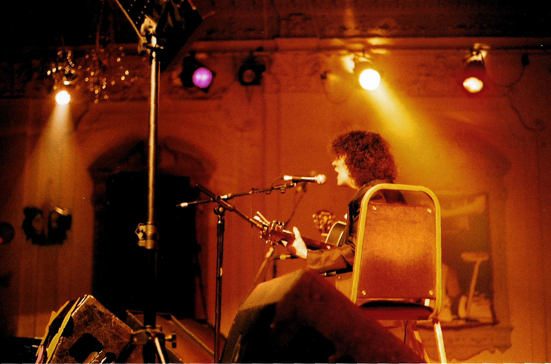
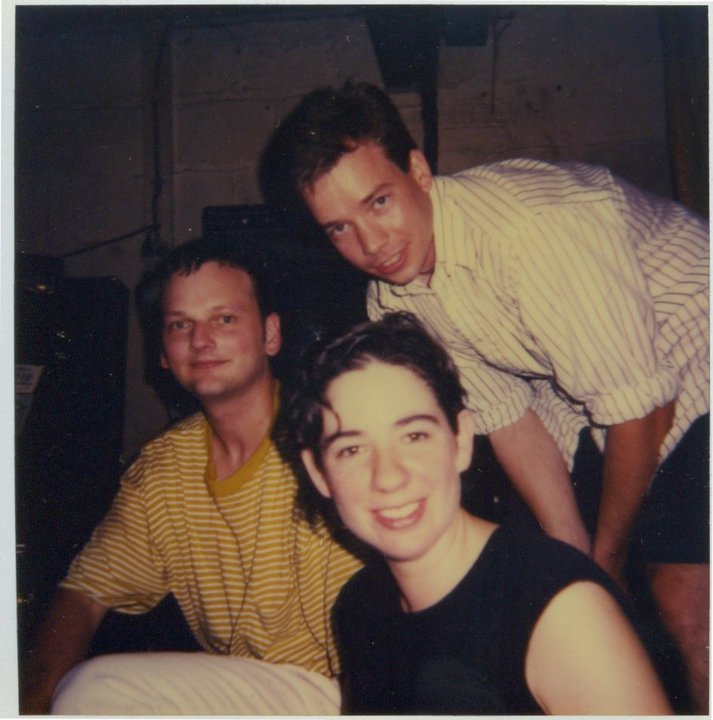
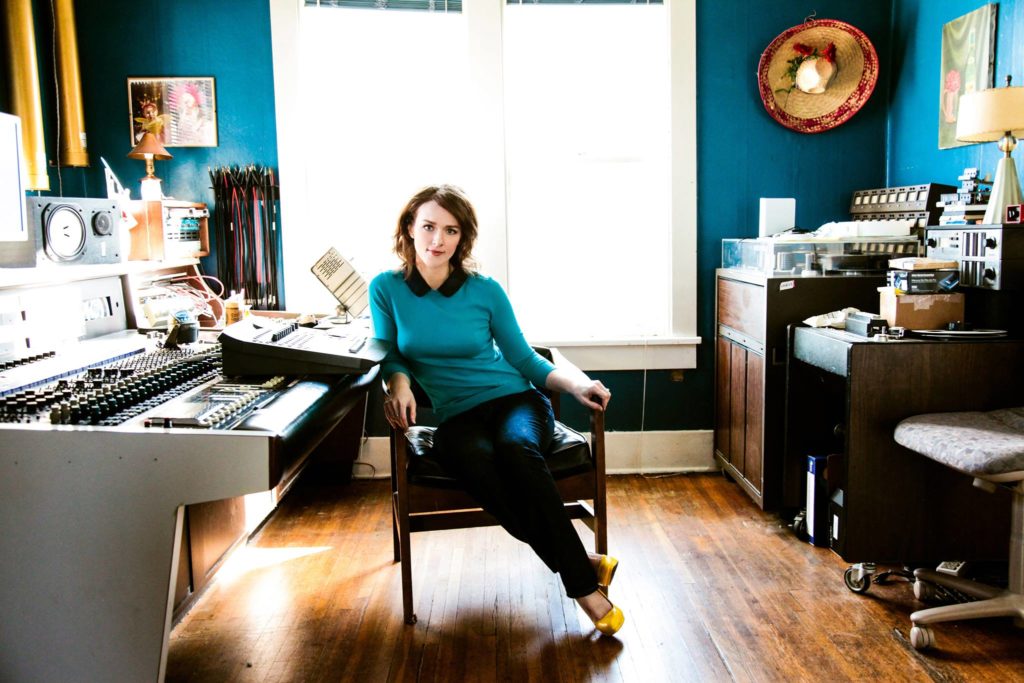
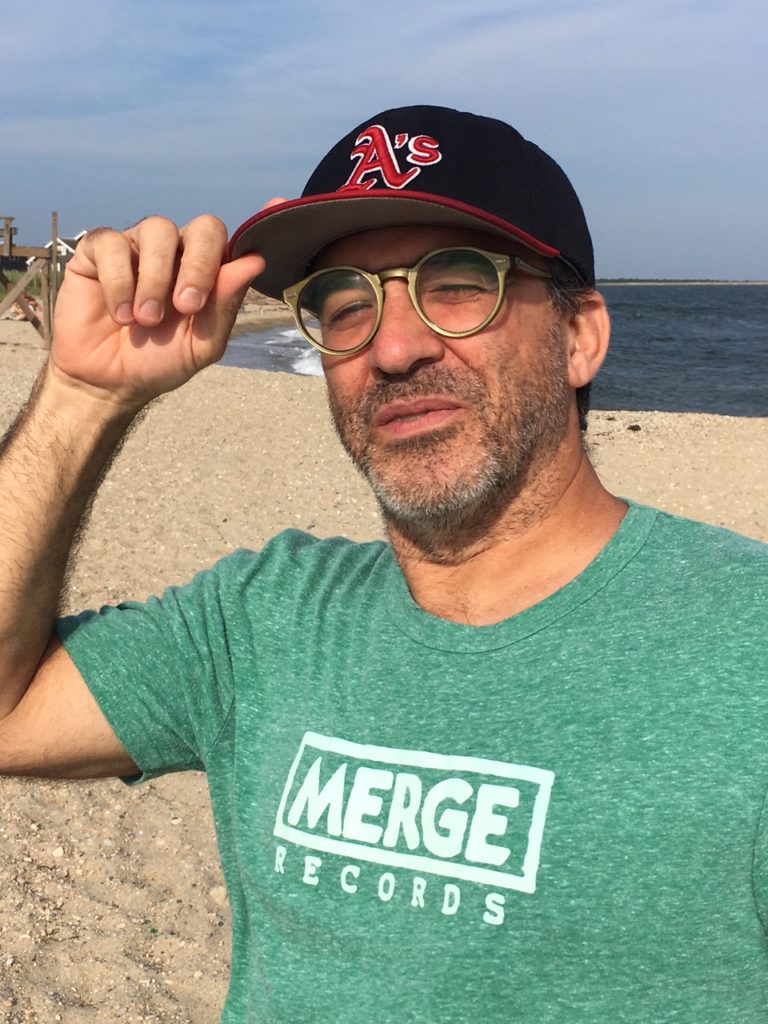
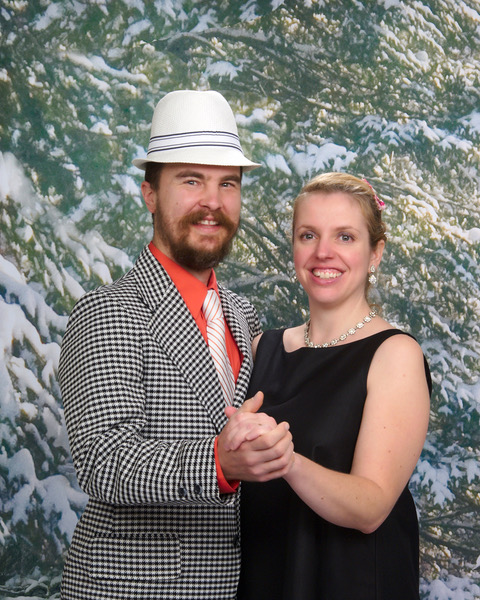
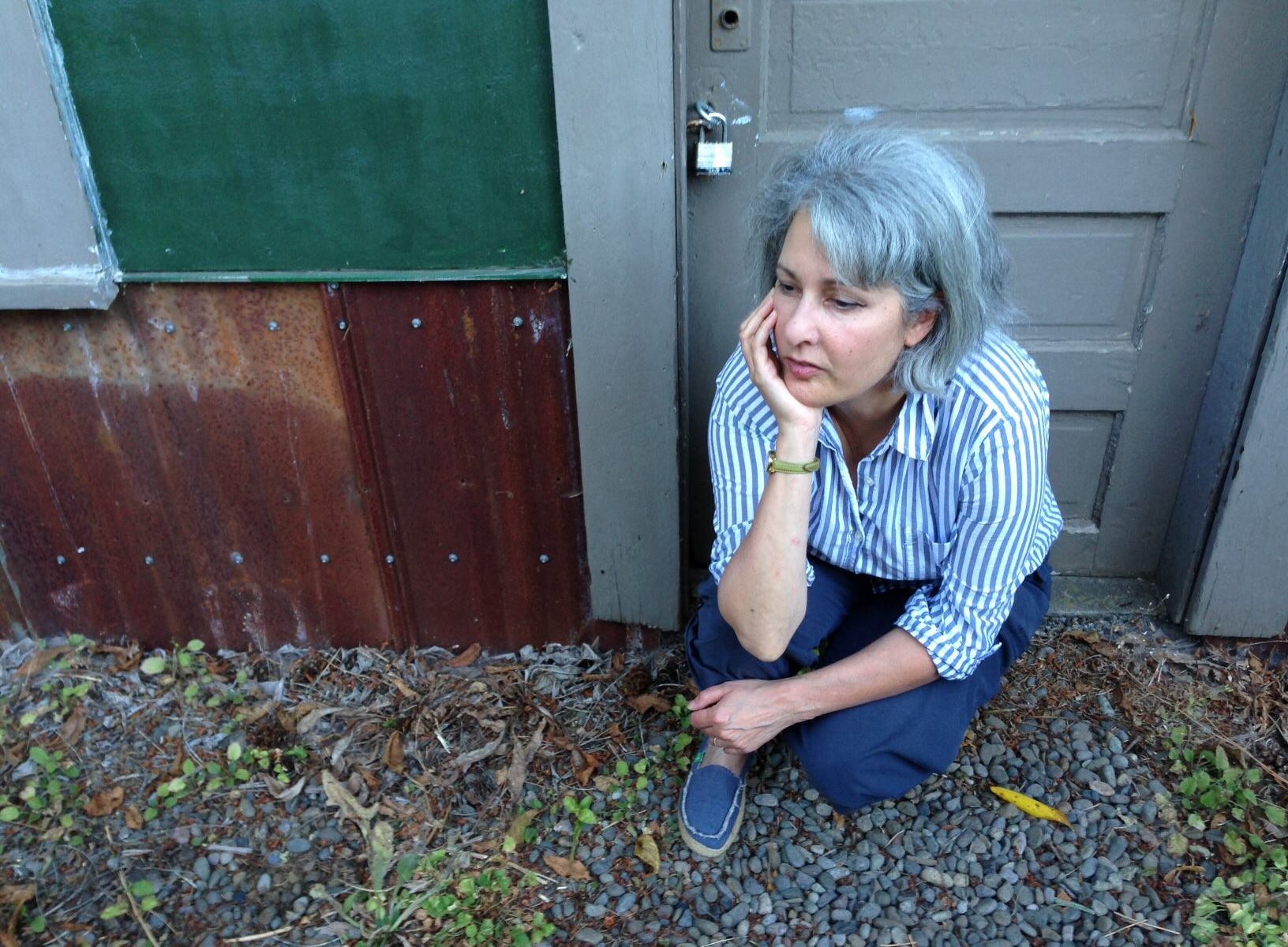
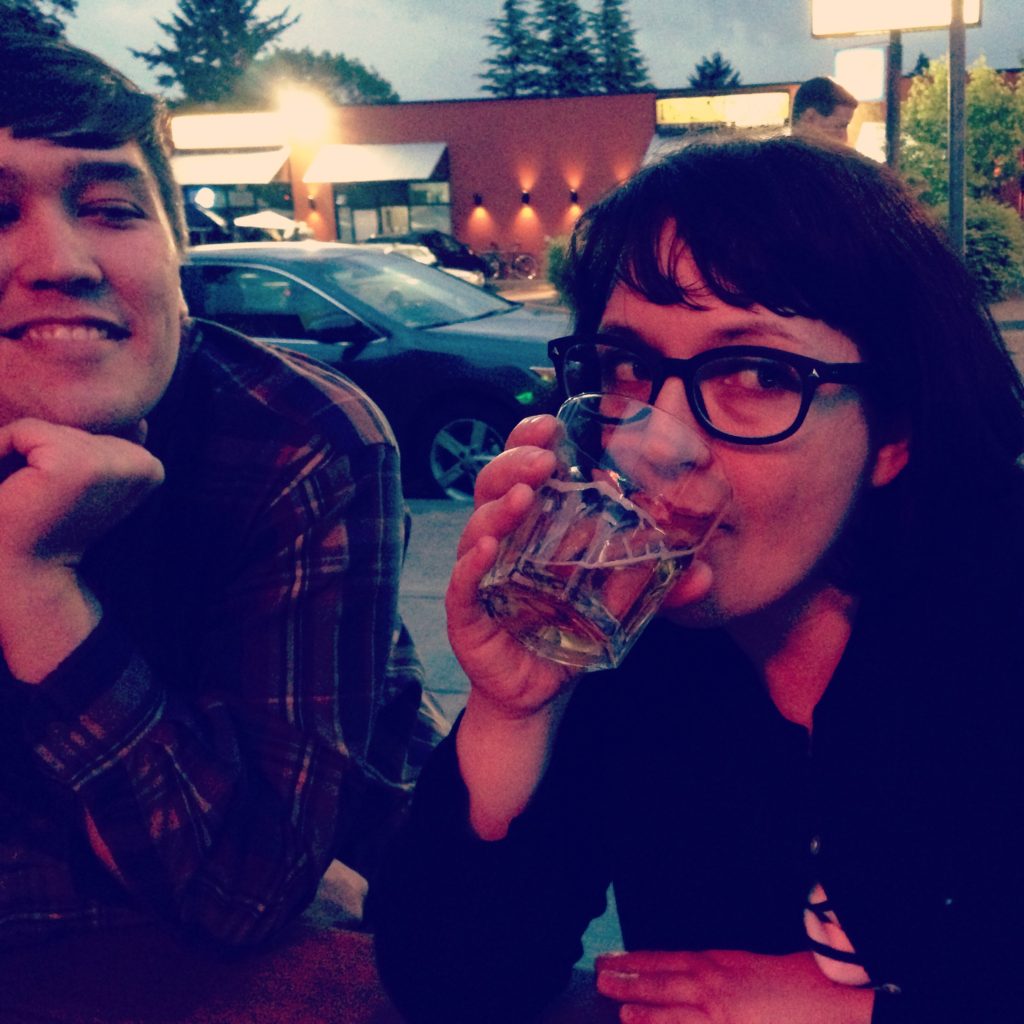
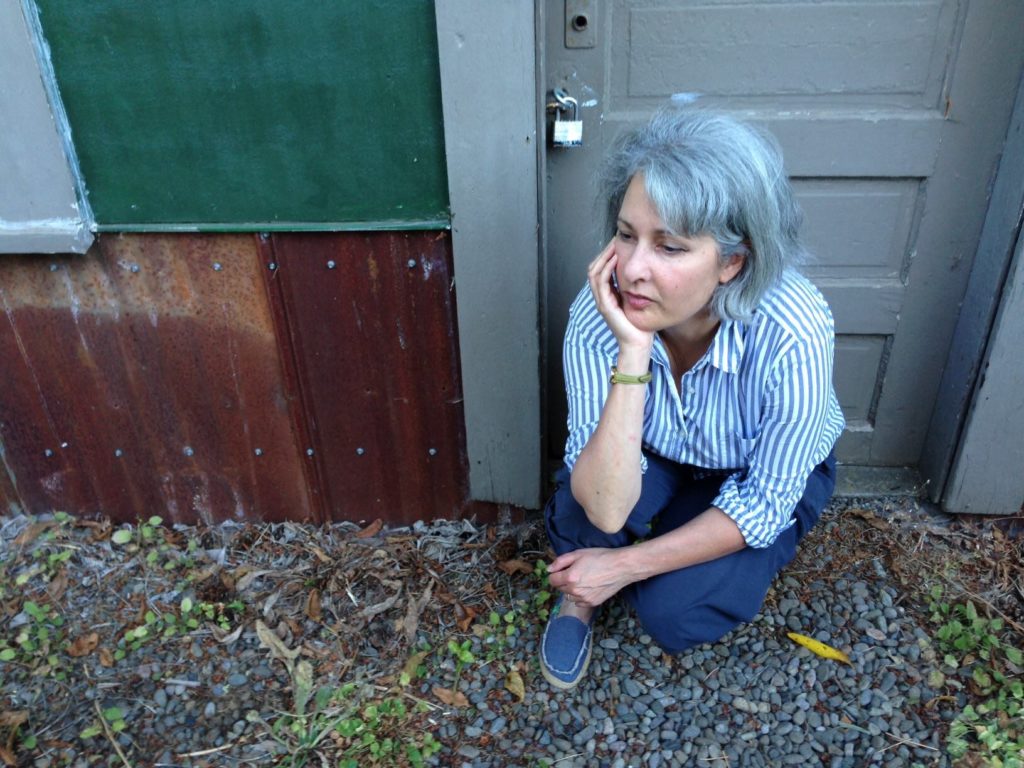
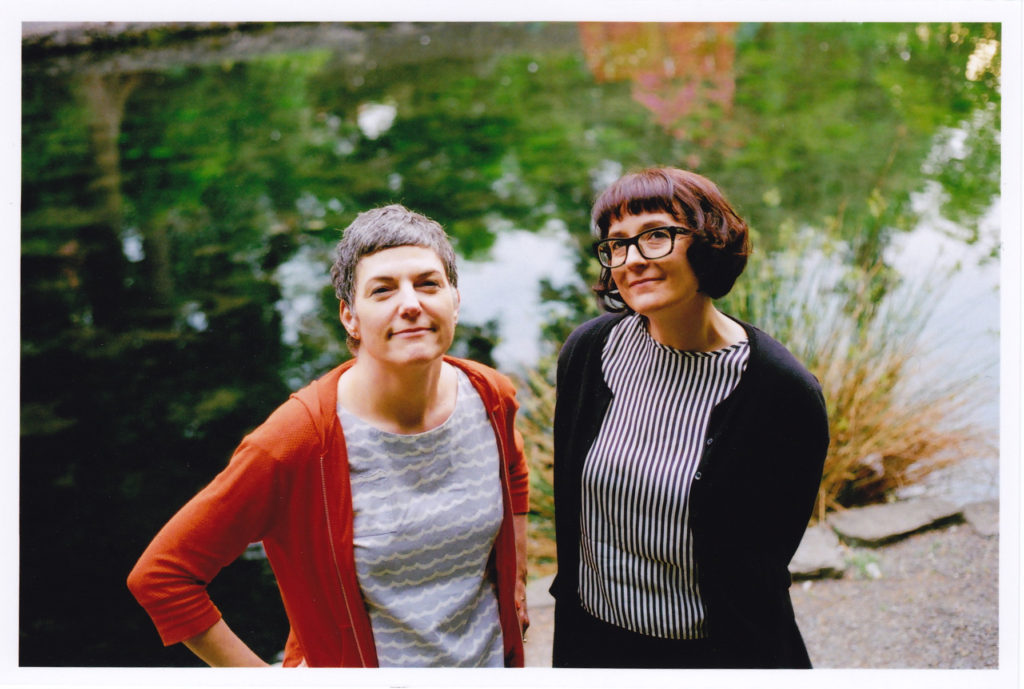
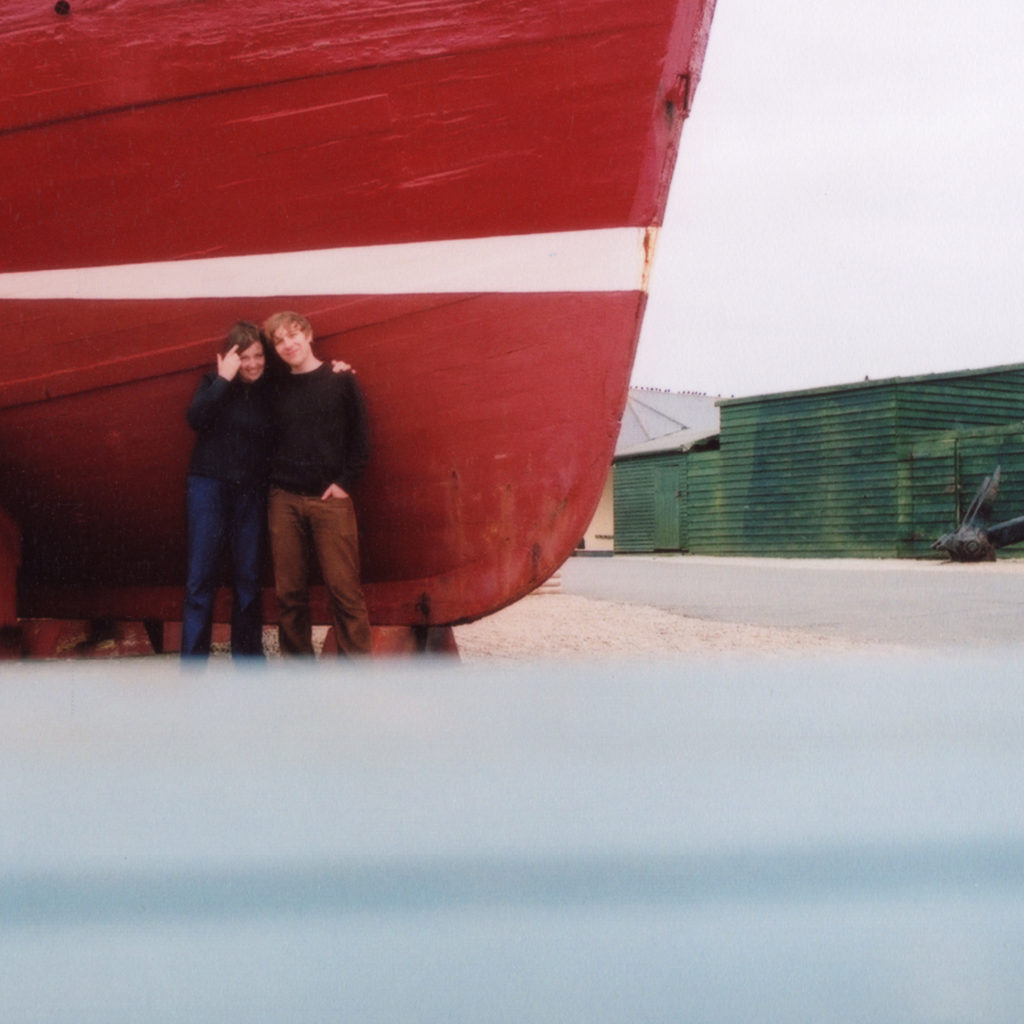
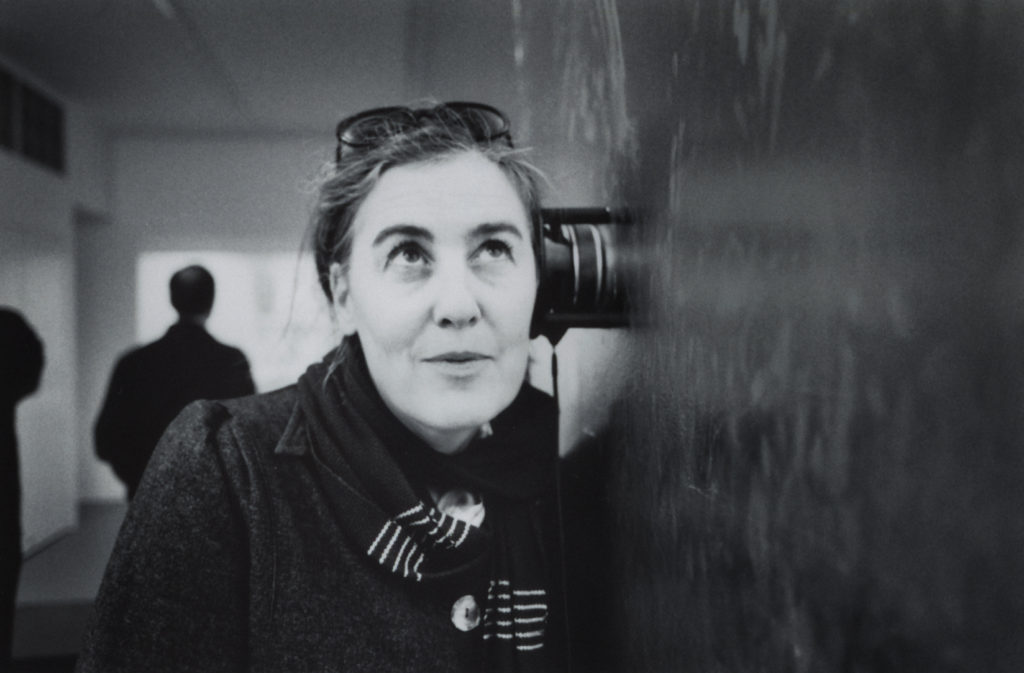 Lois
Lois